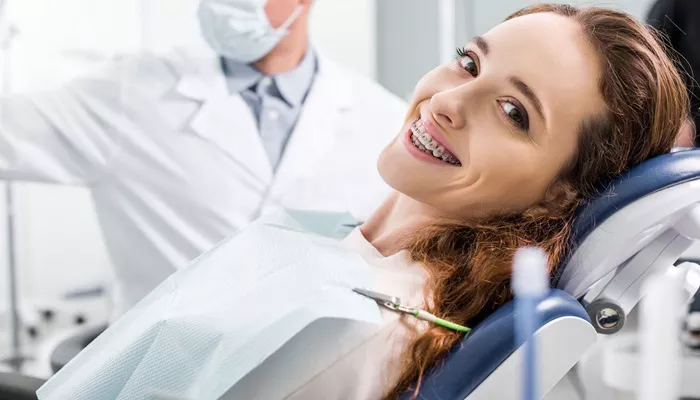More than 2,000 children in urgent need of orthodontic treatment are enduring delays of over four years, according to recent data. These children are part of a larger group of over 11,000 who face the risk of worsening health issues as they remain stuck on lengthy waiting lists.
The cost of private orthodontic care is prohibitive for many families, with fees beginning at approximately €3,500 and potentially increasing significantly. Children on the waiting list are assessed using a five-point scale that ranks the urgency of their need, with grades four and five being the most critical.
A shortage of specialists is the primary reason these children are not receiving timely care. The most severe backlog includes over 7,000 teenagers classified as grade five, the highest level of urgency.
These children suffer from conditions such as severely misaligned teeth, jaw disorders, overcrowding, gaps between teeth, and facial abnormalities like cleft palates. Currently, 1,329 children have been waiting for treatment for more than four years, while an additional 3,264 have been on the waiting list for over a year.
The extent of this backlog was revealed in a parliamentary response by the Health Service Executive (HSE) oral health division to Kerry TD Michael Healy-Rae. Additionally, there are 4,064 children in the grade-four category on waiting lists, with 908 of them waiting for over four years. These children require treatment for conditions such as missing teeth, severe overbites, underbites, and overcrowding, all of which have significant health implications.
Dr. Anne O’Neill, Assistant National Director in the HSE’s oral health division, stated that access to HSE orthodontic services is reserved for children with the most severe and complex needs. She explained that referrals for orthodontic assessment typically occur when a child is in sixth class, with the Modified Index of Treatment Needs (MIOTN) system used to determine eligibility for treatment.
“Children whose treatment need is assessed as being in grade four or grade five of the index are offered treatment with the HSE,” Dr. O’Neill said.
Significant additional funding has been provided to the National Oral Health Office to address the long waits. Last year, over 2,000 patients were removed from waiting lists through outsourced private care, particularly for those in the grade-four category.
Dr. O’Neill also mentioned that a new waiting list initiative for orthognathic jaw surgery began in September of last year.
This complex surgery, which requires an extended hospital stay, has already been performed on 20 patients this year, with 156 patients removed from the grade-four waiting list.
Efforts have started on a framework agreement for grade-five patients with specific clinical requirements suitable for contracted care. The HSE’s 2024 National Service Plan aims to continue supporting the development of dental and orthodontic services and implementing waiting list initiatives.
Fintan Hourihan, head of the Irish Dental Association, criticized the HSE’s approach, accusing it of rationing orthodontic care to only the most severe cases. He also highlighted the shortage of orthodontists in public healthcare, compounded by a lack of dentists in community services. Last year, an estimated 100,000 primary school children did not receive dental checks, which could lead to increased orthodontic needs later.
“If children are not being seen by a dentist, that can have a bearing on the risk of needing orthodontic care later,” Mr. Hourihan stated.
He called for a review of the decision to cut the dental tax relief scheme and urged for its restoration to 40%, after it was reduced to 20%. This change, he argued, could be included in the upcoming Budget and would provide much-needed support to parents who may otherwise be forced to seek private treatment for their children. It could also encourage more families to consider private orthodontic care rather than leaving their children on public waiting lists.
Some parents have turned to cross-border schemes, where children can receive treatment in Northern Ireland or abroad. =
While these treatments require upfront payment, the HSE reimburses some or all of the costs.
In response to the crisis, Health Minister Stephen Donnelly recently announced that the HSE is hiring temporary agency orthodontists to increase treatment capacity for children. Last year, around €10 million in once-off funding was allocated for additional appointments, with a further €3.5 million provided this year on a similar basis.

